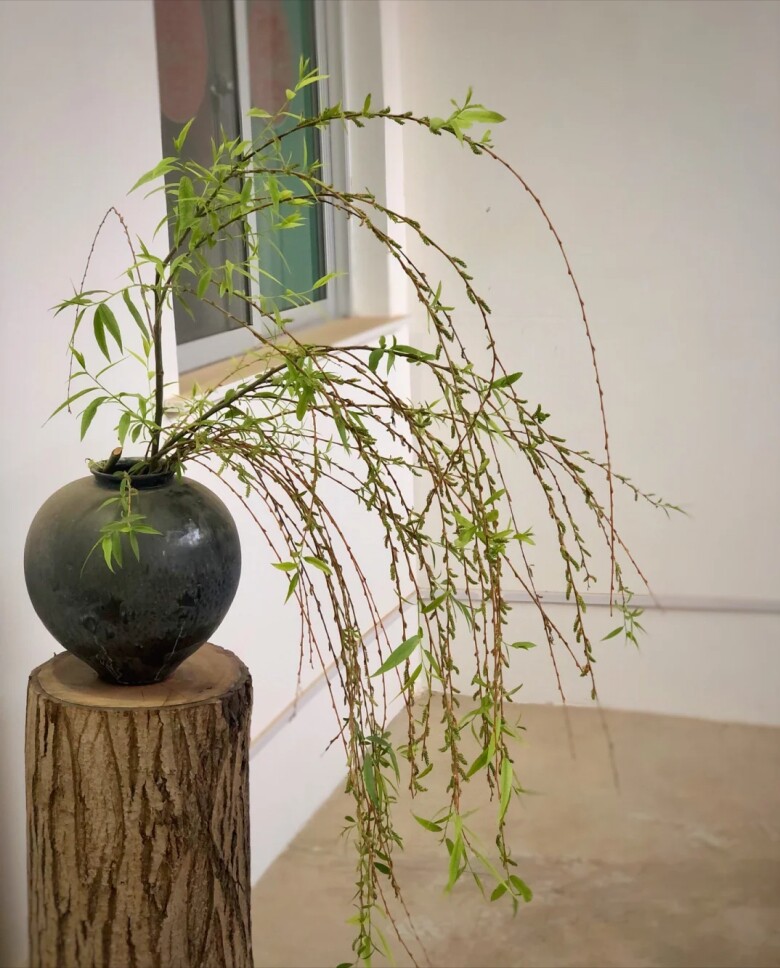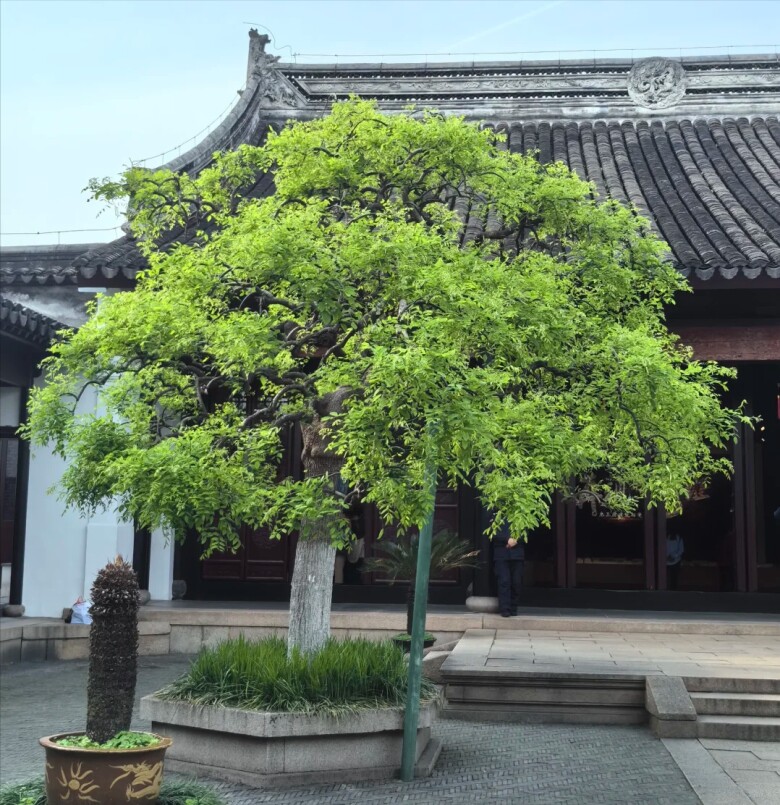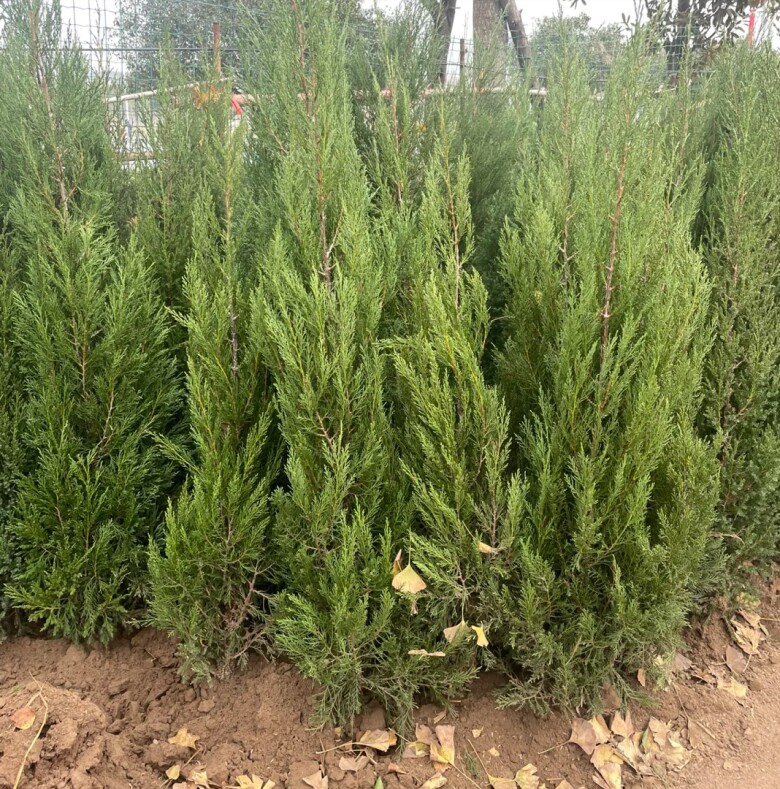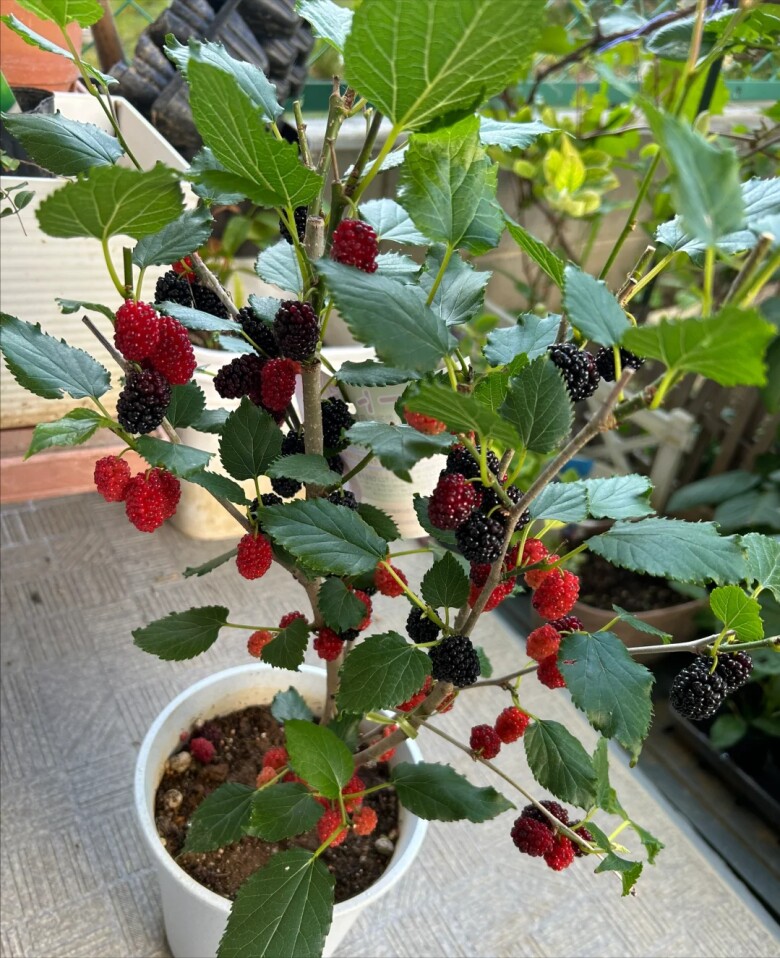1. Weeping Willow

The Weeping Willow is often associated with sadness and farewells, commonly appearing in ancient literature. Its delicate, swaying branches can evoke a sense of melancholy and loneliness. With its association with separation and the absence of fruit or seeds, the willow tree has gained a reputation as an “unlucky” plant, believed to drain wealth and blessings from a home, particularly when planted outdoors.
Additionally, the extensive root system of the willow can invade underground pipes and even affect a building’s foundation, posing potential safety risks.
2. Goldenrain Tree

The Goldenrain Tree, with its massive canopy and dense shade, is considered a bearer of excessive “yin” energy, earning it a reputation as an “unlucky” tree. In ancient times, this tree symbolized power and wealth, with three such trees often planted outside courts, representing the three highest-ranking officials.
However, due to the presence of the word “ma” in its Chinese name, there are superstitions surrounding this tree, including the belief that it attracts spirits. Planting it in a small yard is thought to invite unclean entities and bring fear and misfortune to the household.
3. Chinese Juniper

The Chinese Juniper, with its tall and imposing presence, is often associated with longevity, perseverance, and prosperity. However, its common presence in cemeteries has led to its association with death and “yin” energy. Over time, the Chinese Juniper has become linked with graveyards, making it an unpopular choice for home gardens.
Despite its drought tolerance and resistance to pests and diseases, the tree’s connection to cemeteries is a concern for many, who fear planting it in their yards.
4. Mulberry Tree

The Mulberry Tree, while a vital food source for silkworms, is considered unlucky in feng shui. This is due to the similarity in pronunciation between “mulberry” and “funeral” in some languages, leading to beliefs that the tree brings bad luck and misfortune. The dense branches and leaves of the mulberry tree also contribute to its association with “yin” energy.
Many believe that planting a mulberry tree in the yard, especially near the entrance or directly facing the house, will bring misfortune and is therefore discouraged.
Where in the Home Should You Place the Money Tree Plant to Attract Wealth and Prosperity?
“The Money Tree, also known as Pachira aquatica, is more than just an aesthetically pleasing houseplant. Its presence in the home is believed to bring good fortune and prosperity, making it a sought-after addition to any living space. With its lush foliage and unique braided trunk, the Money Tree is a symbol of wealth and an auspicious charm for those who wish to invite abundance into their lives.”






































